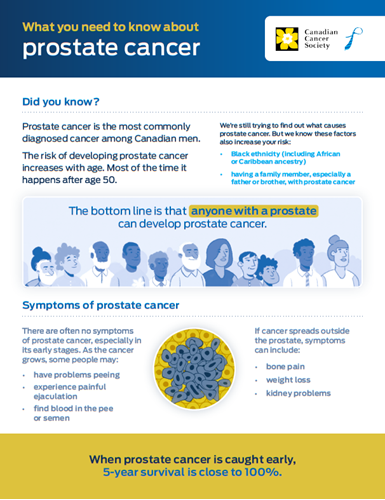Algoma Public Health
Vagina & Penis Health
Every vagina or penis is different and deserves the best possible care. Many people may have questions about how to keep genitals clean, appearance (size, shape) and function. Having these questions is completely normal. See below to find out facts and common concerns regarding your genitals.
Vaginal Discharge, Itch & Bumps
Vaginal discharge can be normal or abnormal, and it’s important to recognize the difference to know when to seek assessment. Vagina acidity helps maintain the normal vaginal flora and inhibits growth of pathogenic organisms. When this is disturbed symptoms can occur.
Discharge may become more noticeable during different phases of the menstrual cycle, with poor diet, stress, sexual activity, contraceptive choice, foreign bodies, varying estrogen levels or with use of hygienic products or antibiotics. This is due to mechanical, chemical irritations and allergic reactions that occur. Abnormal symptoms to look for are discharge that is greyish white, has a tinge of colour (yellow/green) and odour. Some people may also experience an itchy vagina with unknown cause (not related to new products being used) or bumps in the genital region.
If you think you may have a yeast infection, you can speak with your pharmacist who can provide you with medication recommendations. It is also recommended to get assessed if you are experiencing these symptoms contact your health care provider, a local walk-in clinic (SSM), or attend your local hospital's emergency room. You can also visit our Clinic Services page to set up an appointment at the APH office in Sault Ste. Marie.
If you have sexual health questions or concerns, free, anonymous and inclusive counselling is available 7 days a week with Sexual Health Ontario at TF 1-800-668-2437.
Hygienic Practices
The vagina naturally keeps itself clean, so it is not recommended to douche or use vaginal wipes. If you are going to wash your vagina, avoid perfume soaps. Use unscented soaps and water to wash the area. Eating well and exercising can also help with overall health including the vagina.
It is recommended to wear cotton underwear, remove underwear at night, and avoid spandex or materials that make it harder for the vagina to breathe. This helps reduce the likelihood of bacterial growth.
Periods & Menopause
From your first period through to menopause, menstruation is a normal and a healthy biological function that is a part of having female sex organs. At some point, most people will have questions about menstruation or menopause. Learn more from Sex & U about Your Period and Menopause.
Period Pin is mapping locations of free menstrual products across Canada so people who menstruate can access products when and where they need them.
Cervical Screen (Pap Smear)
Cancer Care Ontario (an agency under Ontario Health), recommends cervical screening starting at the age of 25 and every 3 years thereafter. However, people who are immunocompromised who are or ever have been sexually active and fall into one of the following groups should continue to be screened starting at age 21:
- People who are living with human immunodeficiency virus (HIV)/acquired immunodeficiency syndrome (AIDS)
- People requiring long-term treatment (either continuously or at frequent intervals) with medications that cause immune suppression
- Organ transplant recipients (solid organ transplant or allogeneic stem cell transplants)
- People who are living with systemic lupus erythematosus, regardless of whether they are receiving immunosuppressant treatment
- People with congenital (primary) immunodeficiency
For more information visit: Cancer Care Ontario
To schedule a PAP Smear, call your Health Care Provider or if you don’t have one, contact us at: 705-942-4646 or Toll-Free 1-866-892-0172











